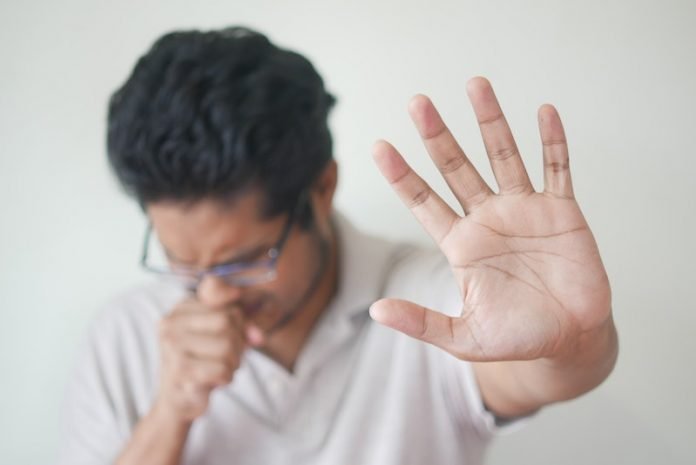
Scientists from St James’s Hospital in Dublin found that fatigue, breathlessness, and other symptoms that persist after COVID-19 can be improved by a six-week virtual exercise program.
The research was presented at the European Congress of Clinical Microbiology & Infectious Diseases and was conducted by Kate O’Brien et al.
Recovery from COVID-19 is complex, with many patients still experiencing persistent symptoms including breathlessness, debilitating fatigue, joint pains, and chest pain for weeks, months, and, for some people, even years after infection.
Existing exercise classes for patients with other conditions do not cater to their needs and so we designed a specific recovery program for COVID-19 patients.
In the study, the program consists of two 50-minute virtual exercise classes a week, for a minimum of six weeks.
Patients carry out circuits consisting of squats, lunges, stretches, and other aerobic and strength-based exercises.
The intensity of the sessions increases gradually over time, as the patients build up their exercise tolerance.
Holding the classes virtually increases accessibility by allowing patients to log in from their office or home, as well as making it easier for patients who don’t live locally to participate.
The team examined sixty patients (42% male, median age 45 years) who were experiencing persistent symptoms at least six weeks after being diagnosed with COVID-19 and were referred to the recovery program.
Symptoms included breathlessness on exertion, reduced exercise tolerance, and muscle weakness.
The team found the program led to a significant increase in the distance the participants could walk in six minutes.
They were able to walk 34% further, on average, than at the start of the study (512.9m vs 382.4m). Improvements were seen in 93.5% of patients (defined as being able to walk at least 30m further), the rest experienced no change.
The patients also experienced a clinically significant improvement in breathlessness and improvements in quality of life.
Improvements were seen in areas including the ability to carry out everyday activities such as climbing the stairs and carrying groceries, having more energy, and feeling in better overall health.
Fatigue levels improved significantly in more than 70% of patients. 23% of patients experienced no change in their fatigue levels and none were more fatigued than before. (One patient has, however, since left the class, due to worsening fatigue.)
These findings suggest a virtual post-COVID-19 recovery program can improve exercise capacity, breathlessness, and quality of life without exacerbating fatigue.
If you care about COVID, please read studies about a new treatment option for COVID-19, and E-cigarettes with this flavor can harm your lungs most.
For more information about COVID, please see recent studies about a universal antibody therapy for all COVID-19 variants, and results showing this new oral drug may prevent death from COVID-19.
Copyright © 2022 Knowridge Science Report. All rights reserved.



